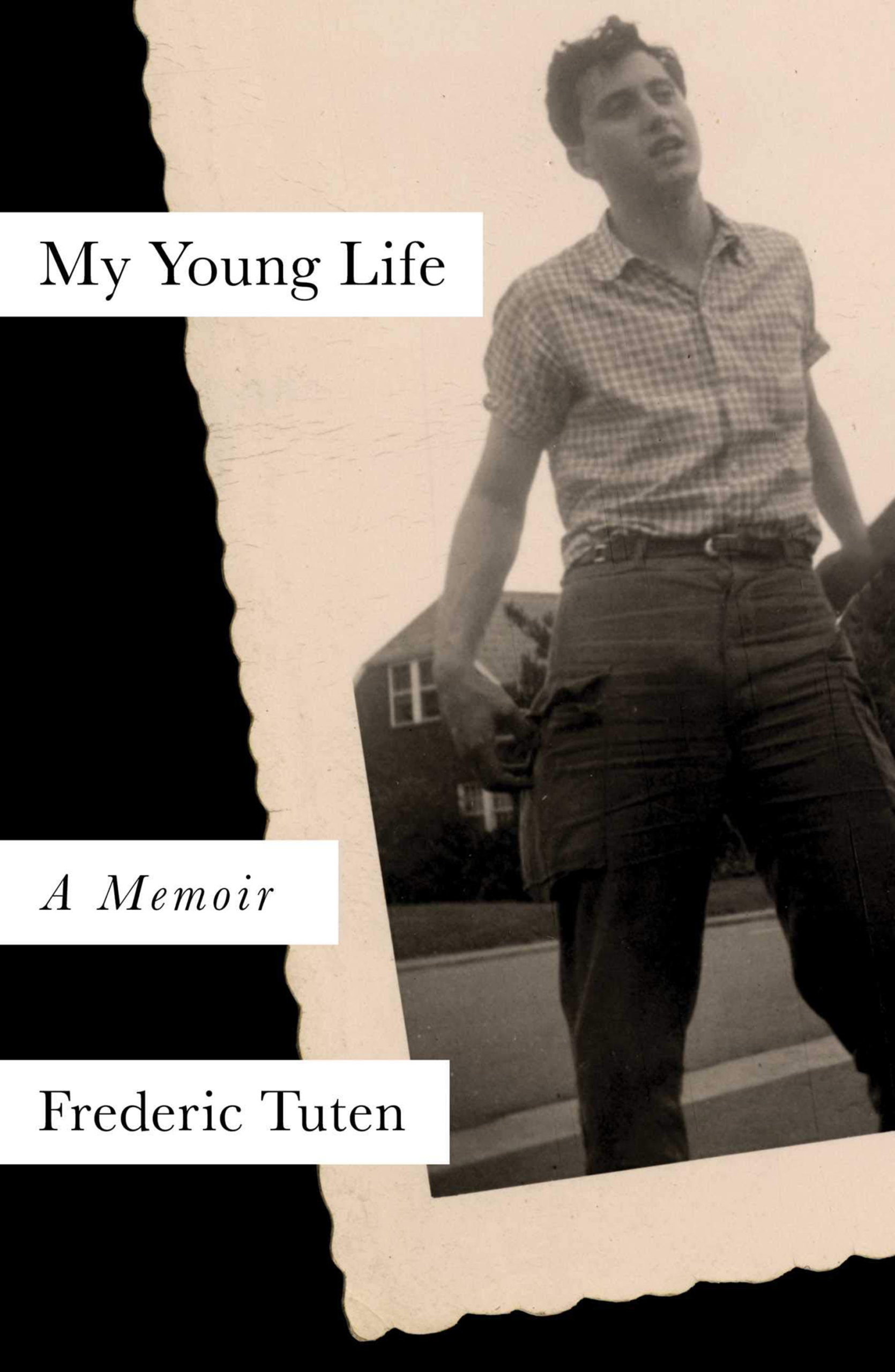Tuten Pens Whimsical, Witty Memoir


Frederic Tuten, 83, fiction writer, essayist, poet, painter, teacher, idealist, iconoclast, and high-school dropout who eventually earned a Ph.D., lives in Southampton, when not in the East Village. The first two decades of his life, chasing after art and girls (not always in this order) are now the subject of an engaging memoir, “My Young Life.”
A brief moment on a video of him, however, one of several made by friends, is charmingly telling. He’s being asked about his first love, painting: “The aim of painting — no, the aim of writing is . . . Oh, I don’t know . . . ” There’s a pause, a shrug, an impish laugh, he stops. He senses it’s a good time to cut away and let folks make of the remark, and him, what they will.
What readers have made of Tuten over the years is that he’s a delightful mix of passion and humility, both captured in his whimsical and witty memoir, a moving account of sharp observations and self-deprecating humor (with an occasional black-and-white home photo), that includes affectionate tributes to those he’s loved along the way, and who loved him, most of them now dead.
In a recent talk at Canio’s Books, Tuten allowed that “the past” is often invoked as a cliché about being the best of times, but in his case, he said, it was true: “The ’50s and ’60s in New York City were an ex experimental, even revolutionary, time.”
The memoir extends to Tuten’s early 20s (a follow up is in the works), but he had by then packed in a lifetime, an arc that starts in the Jewish section of The Bronx (though he’s not Jewish) and ambles down to mid-Manhattan and Greenwich Village (“only jazz musicians had more cachet than a poet”) and then to Mexico, Syracuse, and back to New York to the Lower East Side, called Alphabet City, then.
Originally conceived as a “mosaic” celebration of those who influenced him, “My Young Life” shifted point of view after a friend criticized an early endeavor, asking “but where are you in all this?” and then suggested that Tuten think of the book as a novel, creating scenes and dialogue — writing a self-portrait as fiction. It worked, and the result is a memoir that’s both individual and universal.
Passages read as though they were scenes in a minimalist stage play. In Syracuse in 1961, with a girlfriend Sandra: “We kissed. ‘I like you,’ she said. ‘I wish you were crueler, more indifferent.’” “That can be managed,” was his reply. “It’s not in your nature,” she retorts. The memoir also shows Tuten moving effortlessly among disciplines and genres, meeting with people famous and forgotten, and referencing mid-century American culture in New York. A clever device of including smaller-font footnotes brings past and present together — understated nostalgia for the loves lost.
The memoir starts with his impoverished childhood in The Bronx, living with his Sicilian mother and black-garbed Sicilian grandmother (his father, a ne’er-do-well charmer from the American South, walked out when Freddy was 10). The young boy, drawn to painting, became a romantic.
His dream? To live like an artist in Paris, the way Gene Kelly did in “An American in Paris.” The fantasy (augmented by figure-drawing classes at the Art Students League, where at the impressionable age of 15 he saw his first naked woman) included being so brilliant that he would be appointed to major universities, including the Sorbonne “where I’d magically lecture in exquisite French.”
As a young man, naïve and sex-crazed Tuten was obviously “cute” enough to attract girls and women. He had to work, and, admittedly, screwed up: “I was the worst waiter in the Catskills and often demoted to busboy.” But people liked him. His father, scoundrel that he was, taught him to be polite. One particular mentor, John Resko, an ex-con from Dannemora who had been released from Death Row but had taken up painting in prison, befriended Tuten, urging him to go back to school and get over his forlorn love life. “What are you going to do when you’re in real trouble?”
Tuten took the advice and was obviously smart enough to hold forth in the City College cafeteria, locus in the ’50s of social, intellectual, and Bohemian life. “I wanted to live intensely, as writers were supposed to, and one day arrive at a vision of life earned from experience and reflection.” He did.
An award-winning author of five novels and a short story collection, Frederic Tuten is a familiar and admired presence on the East End, where for years he has been associated with the Stony Brook Creative Writing Program. On Sunday, June 23, at 7 PM, he will appear at Guild Hall in a conversation with his friend Eric Fischl, talking about “Art, Love and Life.”



